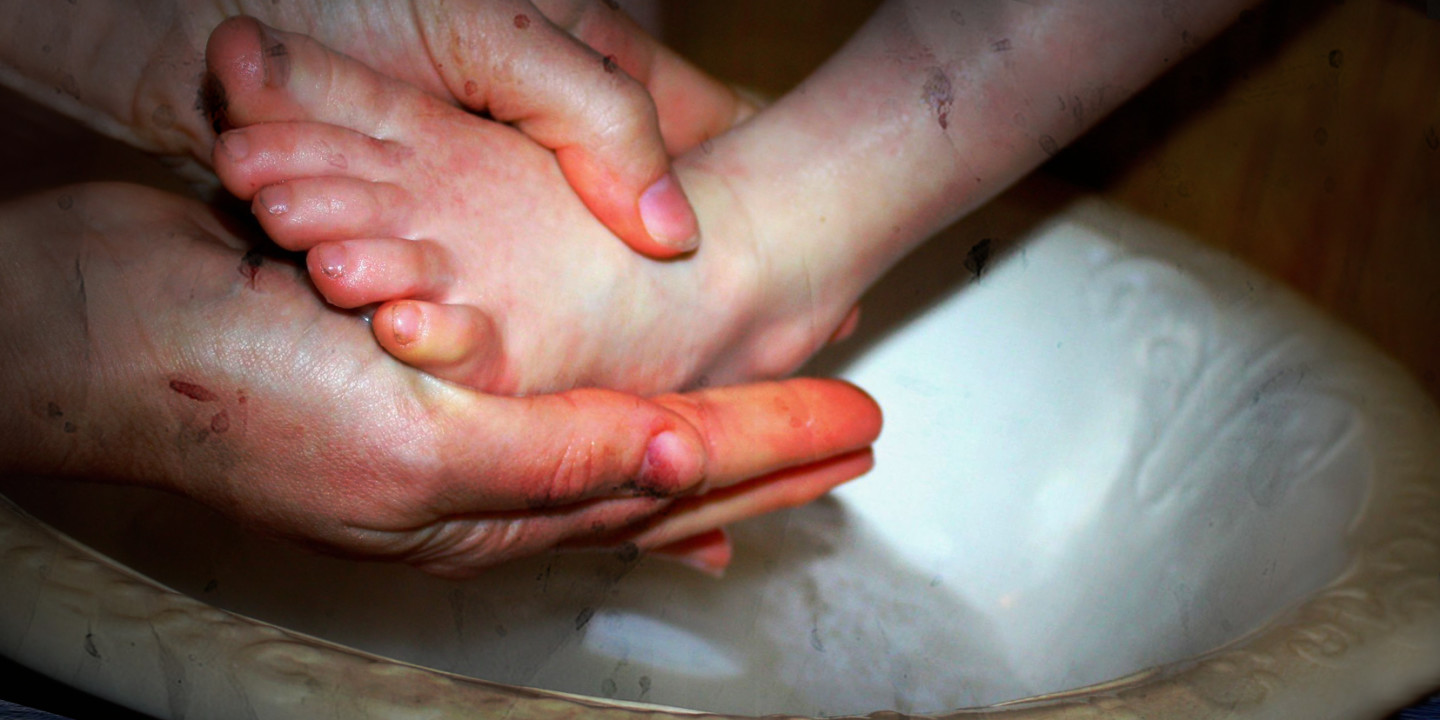“The great mark of a Christian is what no other characteristic can replace, namely the example of a life which can be explained only in terms of God.” – Cardinal Emmanuel Célestin Suhard
We see it on bracelets and cars. We see it in jokes in the media and the redefinition of what the letters truly stand for. Pummeled by the mistaken identity and the marketing efforts of the Christian Subculture of “W.W.J.D.”, we see society mock a very important internal dialogue we should be having with the Lord in a multitude of arenas in our life. On the heels of the WWJD slogan, we’ve seen an onslaught of truth disguised in circumstance come forward: The marketing, the subculture, and the pop experience all trivialize a mindset that should be innate in the living out of our faith in Christ.
The basis of it may come from honorable intent, but it has been lost in the marketing and distraction of the Christian Subculture. The true intent comes from an idea behind the command from Christ to love others second only to God. WWJD was not meant to be a keepsake of what shirt Jesus would wear today, what car He would drive, what ballot He would cast, what toothpaste He would use, what cause He would support (or object to), or what lifestyle He would pursue. It is about people. When faced with the ragged homeless asking for money: WWJD. When confronted with a politician whose shady actions cause others to hate him: WWJD. The porn star spiraling in self-conscious guilt and fear: WWJD. The man whose business has achieved for himself skyrocketing material success, yet has found no purpose beyond the dollar: WWJD. The alcoholic who hasn’t come to grips with her sickness yet: WWJD. The overpaid president of a company who produces a mediocre product: WWJD. The coked out 17 year old on the streets, lost in a world of drugs and hopelessness: WWJD. It is about people and loving them in their humanity. Jesus didn’t rob the woman caught in adultery of her human dignity. He restored it when the Pharisees threw her to the ground. His healing of the lepers, though only one returned to thank Him, did not remove His attention to compassionately embrace them. It is not conditional. WWJD is based in love, acceptance and compassion.
But let’s remove the trite connotations and the wristband, and change this question of purpose to, “What would the Master do.” By no means do we change the mantra on the Christian Subculture in a new marketing idea, but let us repeat this in our heads and hearts when the challenge of being real and personal to others comes about. Take a moment to be in the mind of Christ, the Master, and devote your whole attention to the one in need. Show His undeterred compassion in this moment. Do not allow your attention to be divided by yourself, your phone, or your pending appointment. In the example of the Master, the only contempt we see are in the instance where human dignity was deprived or Godly purpose was forgotten. We see His conflict with the religiosity of the Pharisees and Sadducees: The Pharisees who relegated religion to disregard the heart and embrace status, achievement, legalism and isolation outside the rules and the Sadducees who judged men by the law without love. The Master’s compassion extended to forgiving those who brutally hurt him, responding on behalf to the Father, “…they know not what they do.” Compassion: The Master would have this. Gentle: The Master would be this. And the greatest of these things, love: The Master would do this. From the parable of the Samaritan to Peter in his denial, from the homeless and the successful C.E.O. to you and I: The Master would love in word and deed. He would show acceptance. He would forgive. Let us not trivialize Him in this mindset. Let us rather be like him and respond to others in the manner of the Master.


Leave a Reply